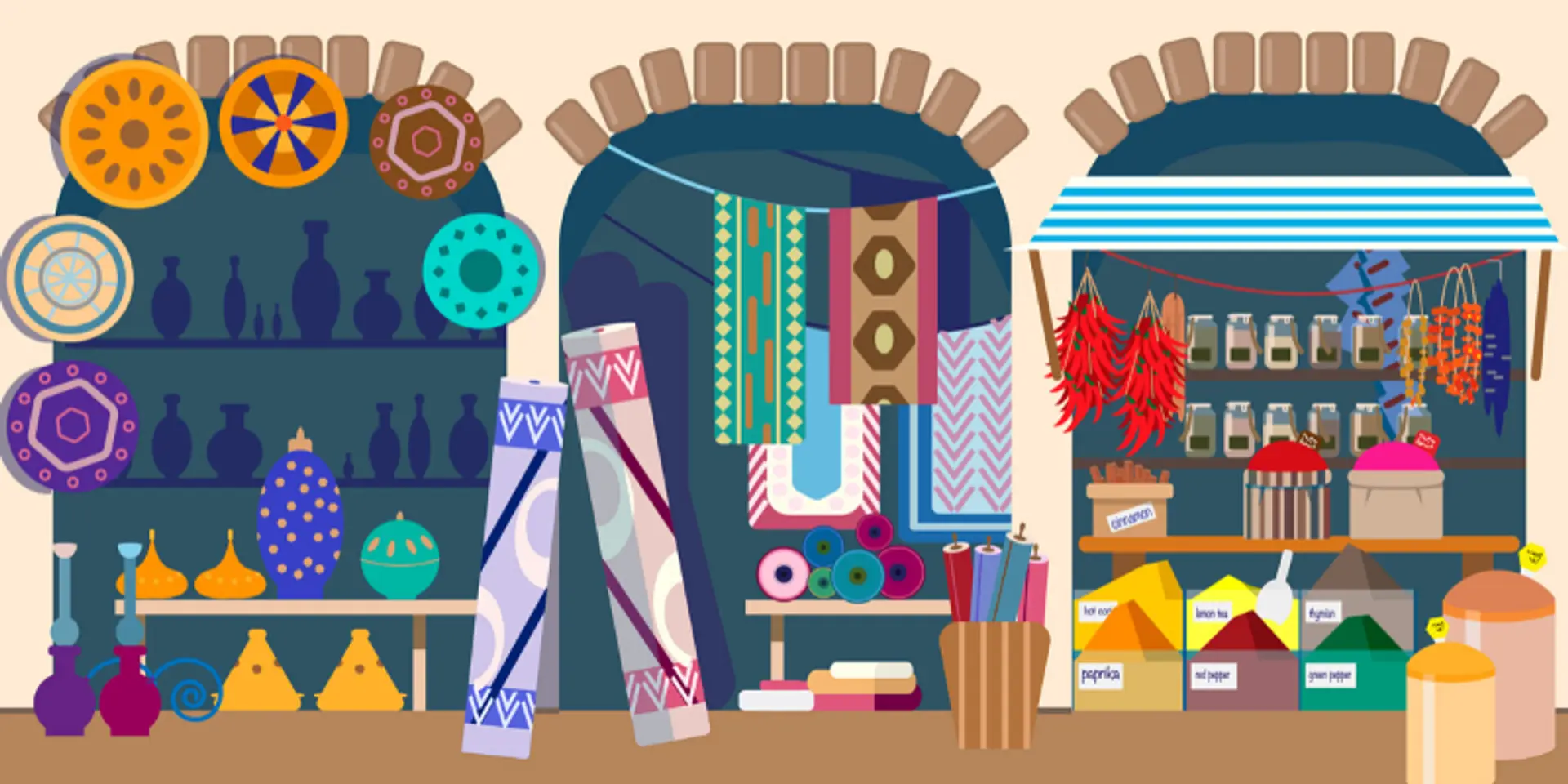3 Indian SMBs win UN competition for providing access to healthy and sustainable food
Fifty small and medium-sized enterprises around the world have been announced as the 'Best Small Businesses of the Good Food for All' competition. The winners from India are- Edible Routes Private Limited, Oorja Development Solutions India and TARU Naturals.
Three India-based enterprises are among the winners of a $100,000 global competition for small businesses announced by the United Nations that are providing inspiring, diverse and impactful solutions in improving access to healthy and sustainable food.
Fifty small and medium-sized enterprises around the world have been announced as the 'Best Small Businesses of the Good Food for All' competition, held in conjunction with the UN Food Systems Summit.
From India, the winners are Edible Routes Private Limited, Oorja Development Solutions India, and TARU Naturals.
Selected from nearly 2,000 applications from 135 countries, the 50 winners showcase inspiring, diverse and impactful solutions in improving access to healthy, sustainable food. They will also share $100,000 in cash prizes, the UN said in a statement.
"Small businesses are the hidden heroes of our food systems, managing at least half of our food economies and keeping food on our plates throughout the COVID-19 pandemic, said Dr Agnes Kalibata, Special Envoy of the UN Secretary-General for the 2021 Food Systems Summit.
We must understand the challenges they face and work together to ensure they remain at the heart of efforts to improve the future of food.
Edible Routes, founded by Kapil Mandawewala, provides consumers easy access to naturally and locally grown, fresh farm produce, according to the company's profile. Its business model offers farm allotments to city dwellers, within an hour's reach, with the capacity to cater to 220 families.
The enterprise said its educational courses and workshops teach people to grow their own food and become stewards of community supported agriculture.
With rapid urbanisation, our vision of optimally using urban spaces to produce fresh farm food has immense potential, it said.
Oorja is a farming-as-a-service (FaaS) company that operates at the intersection between sustainable agriculture and renewable energy.

It finances, installs, and maintains solar energy systems for agricultural use and sells affordable and reliable irrigation, milling, and cooling services to farmers so they can transition from diesel to solar, the company's profile on the UN Food Systems Summit community page said.
Founded and led by Amit Saraogi and Dr Clementine Chambon, Oorja has a team of 18 people in India and has so far implemented 24 solar projects reaching close to 2,000 beneficiaries and saving 30 tonnes of CO2.
TARU Naturals and Organics, founded by Ruchi Jain, is a grassroots movement of 10,000 tribal and small-scale farmers across India; a fair trade network connecting farmers to markets, with healthy, pure and organic produce.
The enterprise said it strives to build self-sufficiency across the value chain ecosystem for farm produce, intervening with climate resilient agriculture, clean post harvest technology, value added products and market linkages. We envision to safeguard sustainable rural livelihoods and double small-scale farmer incomes.
The UN said each winner was selected for how their business contributes to healthier, more sustainable and equitable food for the communities they serve; the strength of their vision for the future; and how well they communicate the current and future impact of their business.
Half of the winners are youth and nearly half are women. Winners come from a total of 42 countries.
"These food entrepreneurs are quiet revolutionaries. They operate in the toughest markets, having a real impact on rural poverty and hunger, said Cherrie Atilano, Food Systems Champion and founder of Philippine agri-business AGREA.
Despite this, they are too rarely given a voice on the international stage. With a conducive business environment, positive incentives and greater influence, they can deliver even more in the future.
The UN said many enterprises are innovating and scaling solutions for nutrition and sustainability, from an Israeli company producing chickpea protein powder, to an Italian startup replacing plastic packaging with edible, bio-based natural polymers and in Nigeria, an inclusive and efficient commodities market is facilitating trade across the region.
Edited by Megha Reddy








